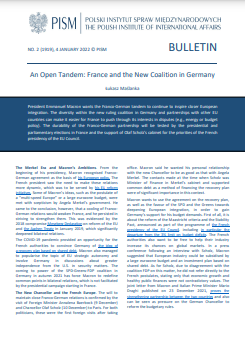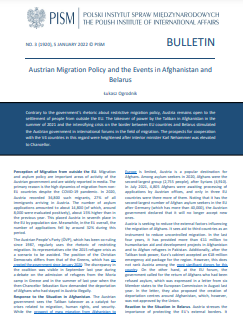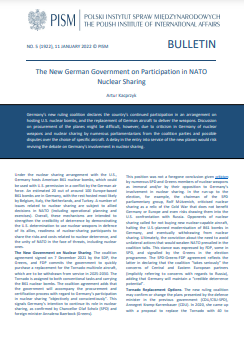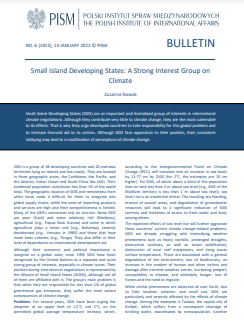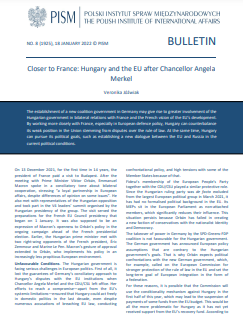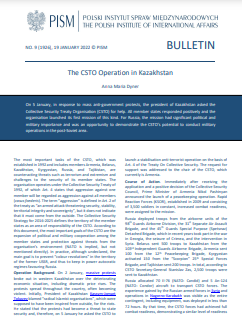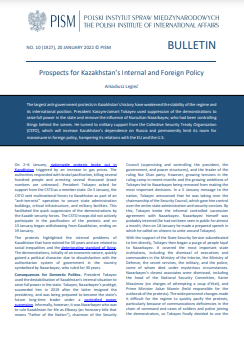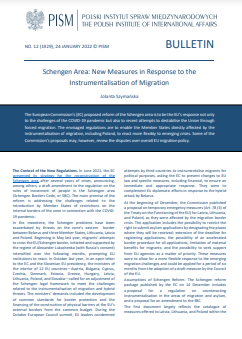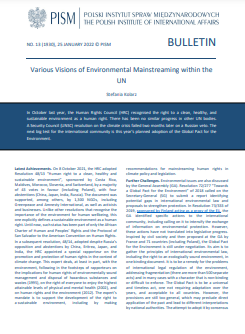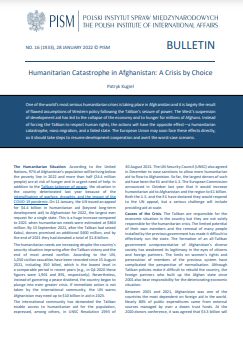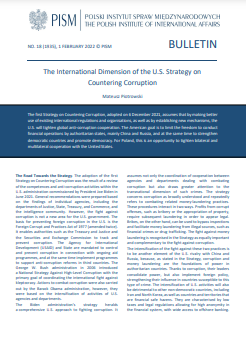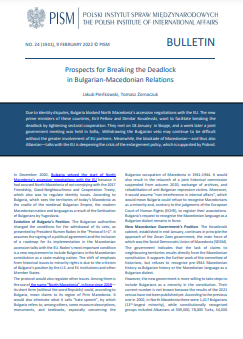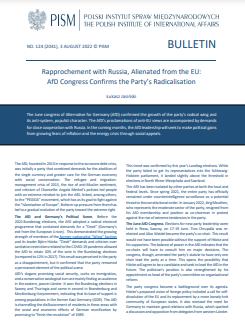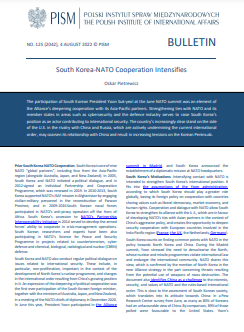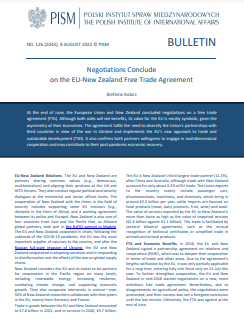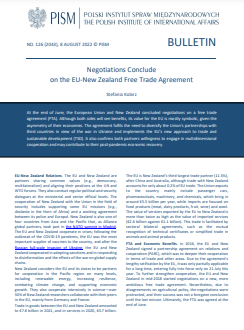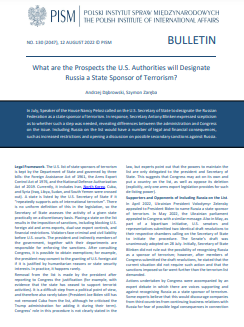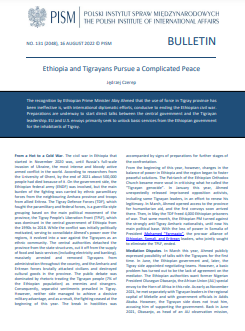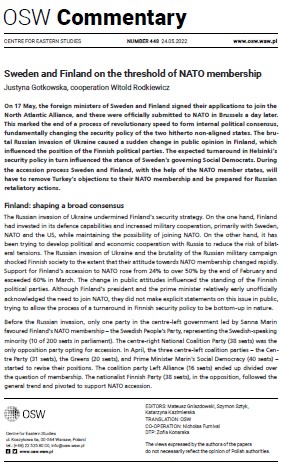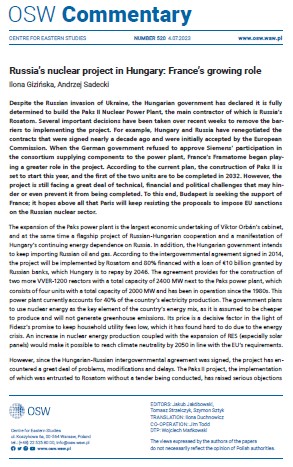
Russia’s nuclear project in Hungary: France’s growing role
Despite the Russian invasion of Ukraine, the Hungarian government has declared it is fully determined to build the Paks II Nuclear Power Plant, the main contractor of which is Russia’s Rosatom. Several important decisions have been taken over recent weeks to remove the barriers to implementing the project. For example, Hungary and Russia have renegotiated the contracts that were signed nearly a decade ago and were initially accepted by the European Commission. When the German government refused to approve Siemens’ participation in the consortium supplying components to the power plant, France’s Framatome began playing a greater role in the project. According to the current plan, the construction of Paks II is set to start this year, and the first of the two units are to be completed in 2032. However, the project is still facing a great deal of technical, financial and political challenges that may hinder or even prevent it from being completed. To this end, Budapest is seeking the support of France; it hopes above all that Paris will keep resisting the proposals to impose EU sanctions on the Russian nuclear sector.
More...
